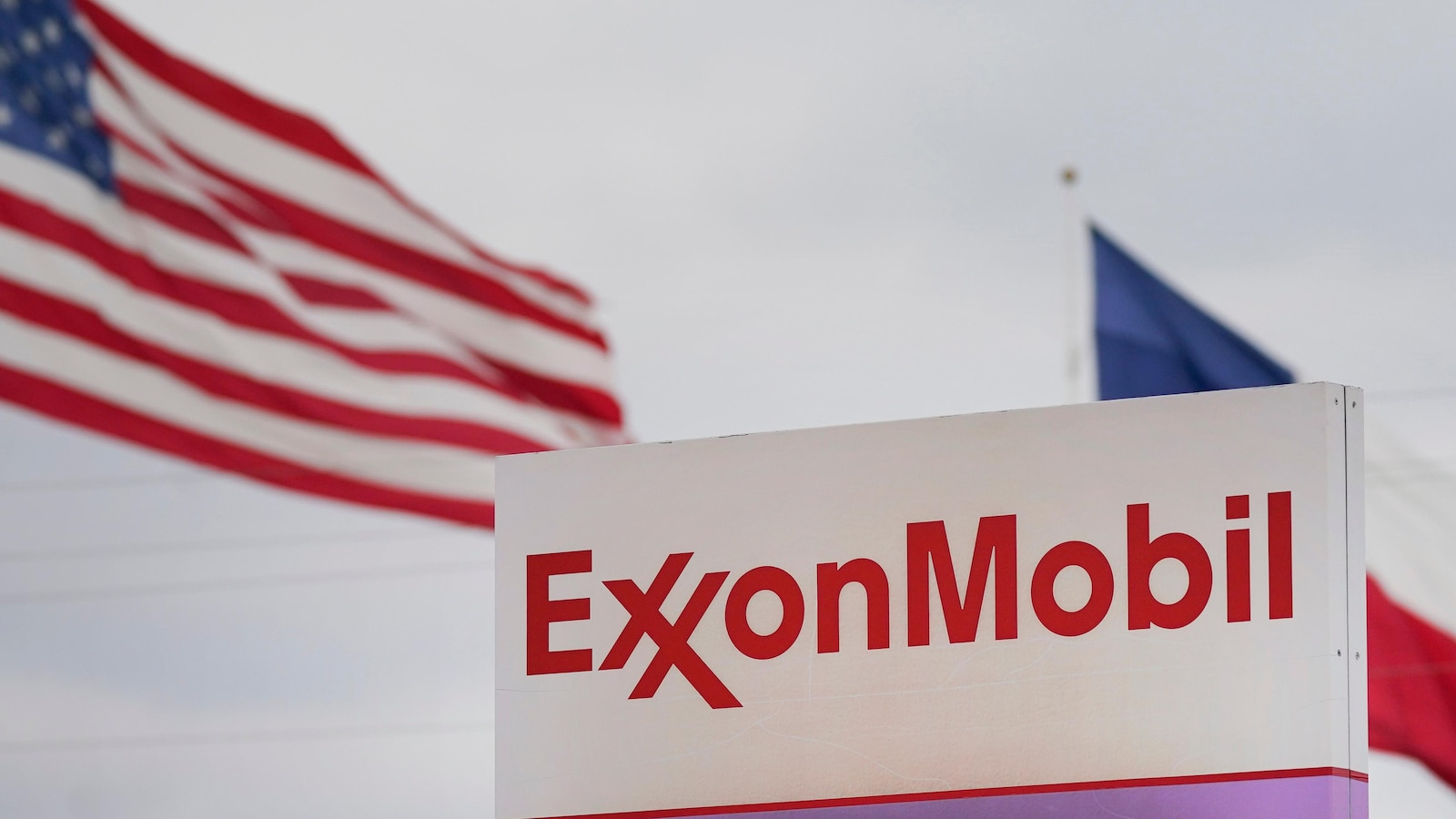Despite the decline in year-over-year profit, ExxonMobil’s performance beat Wall Street forecasts. Analysts surveyed by Jacobs Investment Research had anticipated earnings of $1.91 per share. Following the earnings announcement, ExxonMobil’s shares rose nearly 2% before the market opened on Friday.
The company reported total revenues of $90.02 billion, falling short of Wall Street’s estimate of $93.51 billion. Exxon’s net production also showed a promising trend, reaching 4.6 million barrels of oil equivalent per day—up 5% from the previous quarter.
Oil prices have recently experienced volatility, with a decline attributed to Israel’s retaliatory strikes against Iran rather than tensions in oil-producing regions. Long-term projections suggest a continued decrease in oil prices, driven by an oversupply in the market, which typically exerts downward pressure on prices.
In July, ExxonMobil announced its plan to acquire Denbury Resources for $4.9 billion, a move that positions the company within the carbon capture and storage sector—an area expected to benefit from shifts in U.S. climate policy. Just three months later, the company revealed a more significant acquisition plan, committing $60 billion to purchase Pioneer Natural Resources, a deal that received approval from the Federal Trade Commission in May.
Additionally, ExxonMobil announced a 4% increase in its quarterly dividend, reflecting its commitment to returning value to shareholders.
On a similar note, Chevron Corporation reported adjusted earnings of $2.51 per share on $50.67 billion in revenue, slightly surpassing Wall Street’s expectations of $49.88 billion in revenue and $2.47 per share in earnings. Like Exxon, Chevron also refrains from adjusting its reported results for one-time events such as asset sales.
With these earnings reports, both ExxonMobil and Chevron illustrate the complexities and challenges faced by major oil companies in a fluctuating market, highlighting the significant impact of strategic acquisitions on their financial performance.

